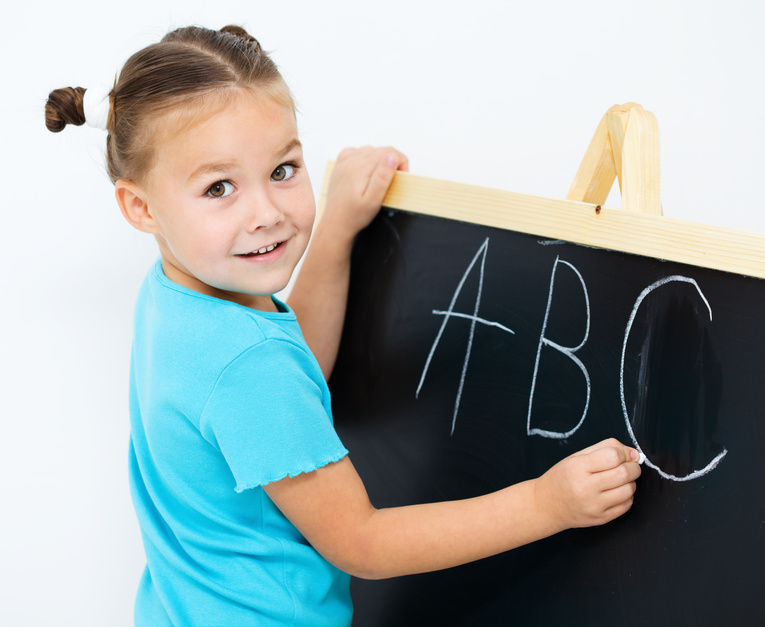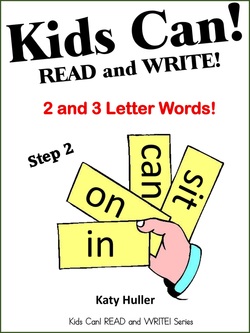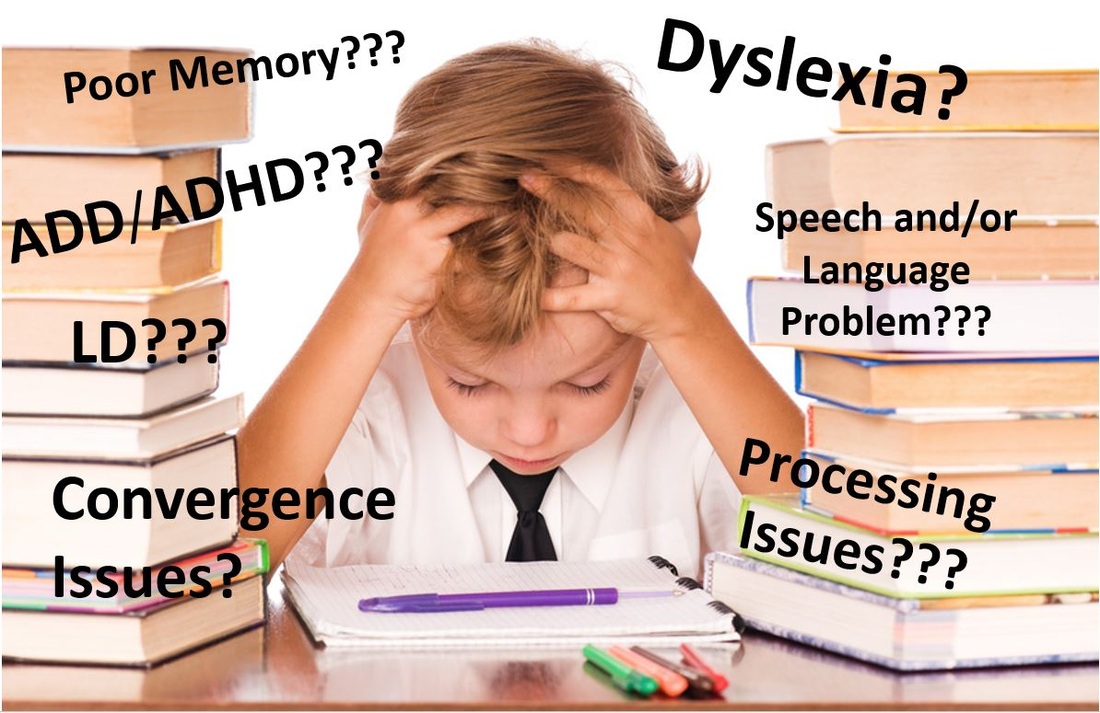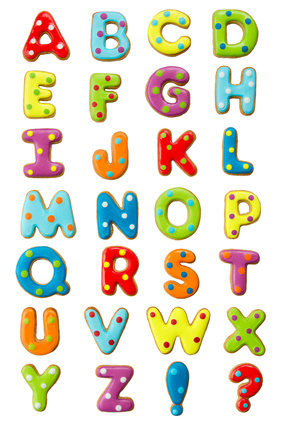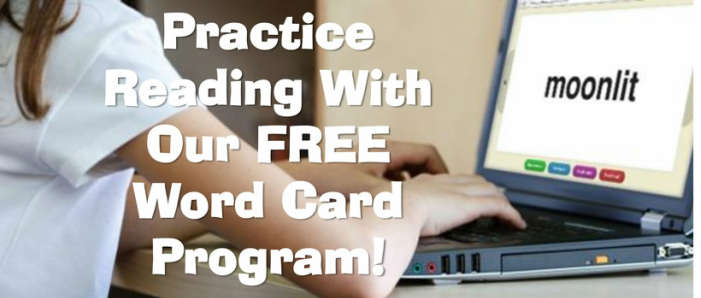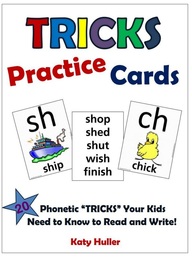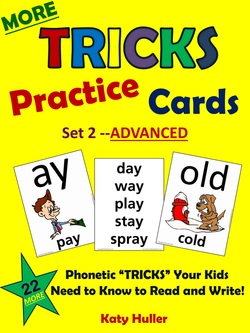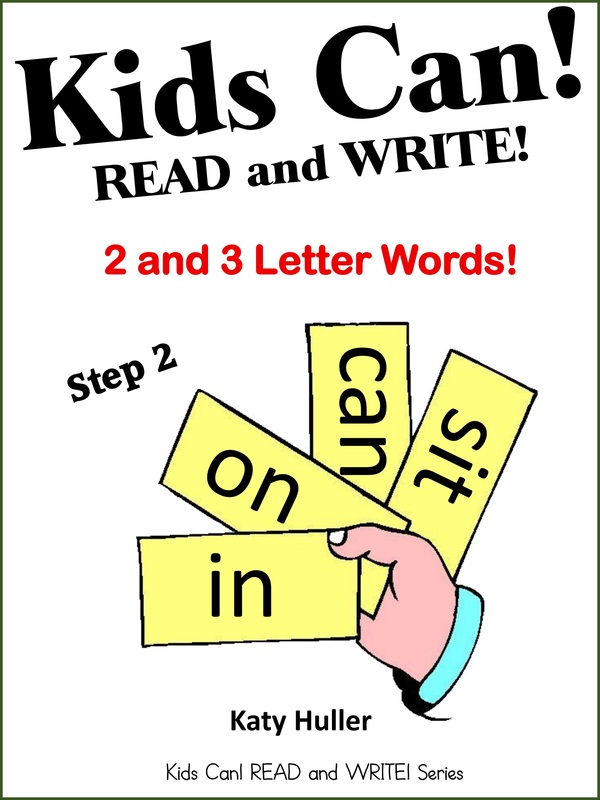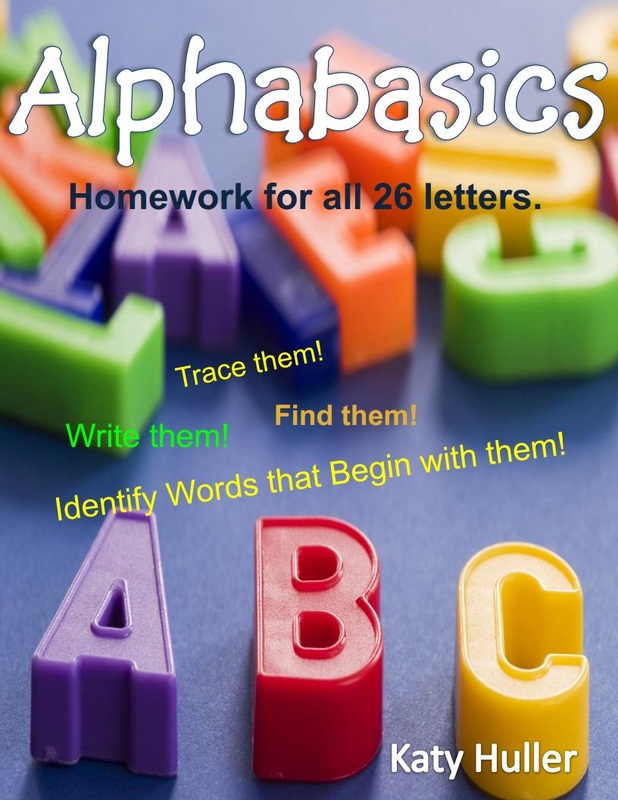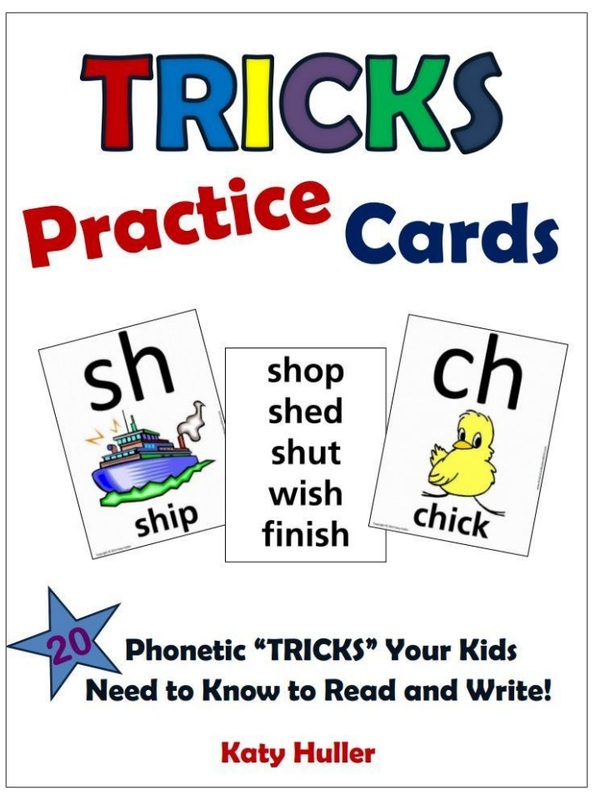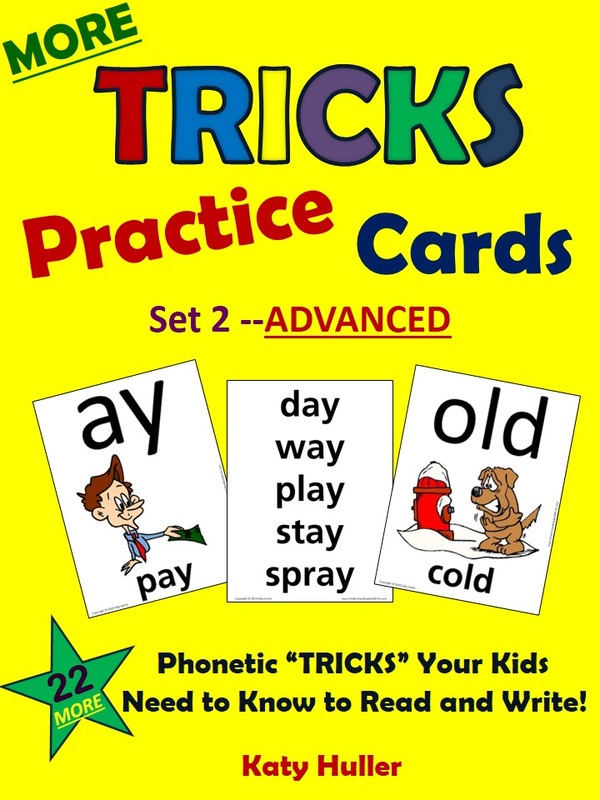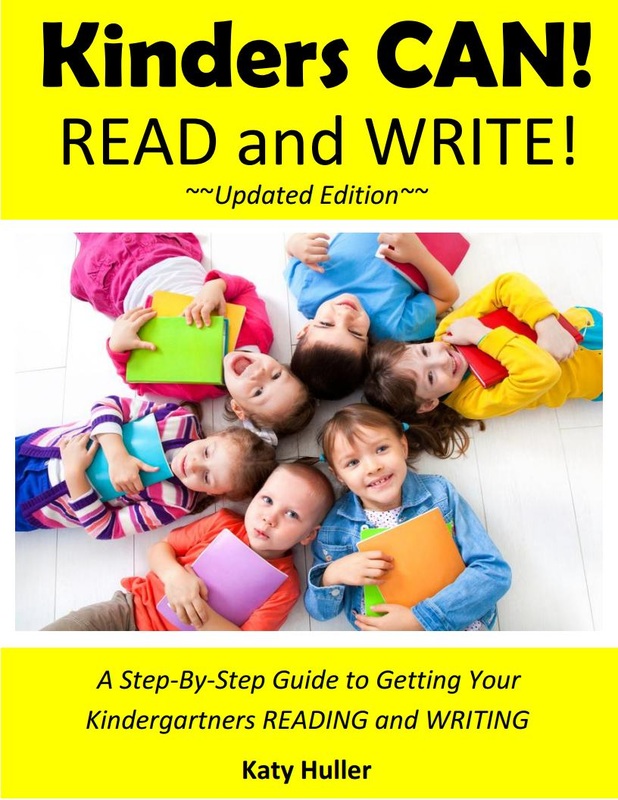There are so many things you can do to help get your preschooler ready to read and write! Mostly, you need to make sure your child has a great vocabulary and a growing knowledge of the world around him or her. You also want to make sure he or she knows all 26 letters and sounds quickly upon seeing them (out of order). When testing your kids on letter knowledge, make sure you are asking your child to identify both capital and small versions of each letter OUT OF ORDER. As soon as he or she knows them, you can begin working on blending sounds together to make words! You'll also want to work on small and large muscle control as well! Read the tips below to find out more!
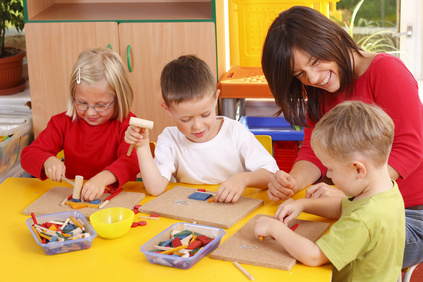 Talk, talk, talk to your preschoolers! Work to develop their fine motor skills as well!
Talk, talk, talk to your preschoolers! Work to develop their fine motor skills as well!
- Talk to you preschooler! You should find that your conversations are getting more and more interesting as your toddler turns into a preschooler. Since their language skills are still developing rapidly, it's important that you continue to speak to your child about anything and everything that comes your way. Don't "dumb down" your words as you do so. Instead, use whatever words you would normally use, and engage them in thoughtful conversation. Don't forget to explain to them how various things work and how things have changed over the years. Children are like sponges and will learn what you teach them.
- Take your preschooler places! Don't be afraid to revisit places you've already been to. Your child will understand more each time you go to places like farms, zoos, aquariums, science places, etc. Season passes can be lots of fun if you are lucky enough to have a neat place to visit close enough to your home to make one worthwhile. Whether it's to the grocery store, your local fire station, a nearby garden, etc., simply get out with your child as often as you
can to see new things. The more you expose your child to, the more prepared your child will be to understand what he or she reads later. It will
also give him or her more to write about!
also give him or her more to write about!
- Play with your preschooler! Although your preschooler may have lots of friends, it's important that you play with your preschooler as well. Your preschooler is bound to learn more advanced concepts as he or she notices how you do things. These will undoubtedly transfer over to his or her playtime with friends. Plus, it's a great way to ensure your child gets many of the educational skills needed to be successful in school. By talking as you play board games, do puzzles, draw pictures, build with blocks, race cars, etc., you can teach many important skills (letters and sounds, numbers, colors, shapes, spacial relationships, etc.). These will all come in handy during the school years to come.
- Give your preschooler choices! As your child becomes older, he or she is bound to appreciate choices. Help your preschooler reason through what will happen if "bad choices" vs. "good choices" are made, and vice versa. The ability to choose what is right, whether the choice has to do with what your preschooler eats, watches, or does, will go a long way toward preparing your child to behave appropriately in school.
- Limit television to educational shows! Your child is still very impressionable. Make sure you only allow your child to see the types of shows that will enhance his or her understanding of the world in a positive way.
- Teach letters and sounds (if still needed), and quickly move on to teaching how to blend those sounds together to make words! For some reason, lots of people think if you know your letters and sounds, you are all set to read and write. While letters and sounds are certainly the beginning to reading and writing skills, there is a lot more your child needs to know to be able to read and write ANYTHING! When you see a phonetic three letter word (like pig or cat or hop), show your child how the letter sounds work together to make the word. Without turning it into a lesson, simply point to the word and show your child how to sound it out. Then drop it! Kids this age learn best in little chunks. Trying to do too much will likely turn them off to it altogether. Only point out these things as long as their interest holds. Don't try to push it further. If you can point out how to sound out words while you are playing, that is even better. Make words in the bathtub with the bathtub letters, point out simple words when reading a book to your child (not all the time, but as appropriate -- in a title, in a caption, etc.), make three letter words with your refrigerator magnets, etc. When your child can blend these together easily, introduce "tricks," and help your child read words that contain them. Use our Free Word Card Program to help!
- Read books and magazines to your preschooler. Your preschooler should really enjoy hearing your read stories to him or her. Make sure you find the time to do so each day. The more you read, the better. Vary your topics to help introduce your preschooler to all sorts of ideas. You can pick out longer stories for your child to enjoy, but keep the board books around as well. You will be improving your child's vocabulary and language skills each time you read to your child. You will also be helping his or her listening skills and attention span improve. Don't forget to point out simple words here and there for your child to sound out with you.
- Get your preschooler drawing! Keep an "art center" handy. Give your child lots of opportunities to draw, paint, and write. Let him or her explore all that can be done with various writing utensils. This will help develop the fine motor control needed to write letters and words later on. If your child already knows his or her letters, help him or her sound out words to go along with his or her picture. Then help your preschooler write stories as well!
- Feed your preschooler nutritious foods! Continue to feed your child's brain by offering healthy food choices. It's important that your child get all the nutrients his or her brain requires. Stay away from sugar and processed foods as much as possible.
- Keep the music playing! Continue letting your child listen to age-appropriate music. Classical music, traditional kids' songs, and fingerplays should still be lots of fun for your child to listen to. All of these will help develop good listening skills, and can even help improve and develop your child's memory. Music is known to help math skills as well.
- Get help for any speech or language issues. If you notice your child is struggling with his or her speech or language skills, get help immediately. It's never too early to work on these.
Do Your Kids Already Know Their Letters and Sounds?
Show them how to blend letter sounds together and/or segment them apart so they can read and write their first words!
|
Having Trouble Teaching Your Kids Letters and Sounds? Worried Your Child Might Have a Learning Disability?
|
Kids who struggle to learn their letters and sounds may indeed have a learning disability. Or, they might just not be quite "ready" yet. It's also possible that they just haven't been taught in a way that works for them! Vary your approach. Your child might learn best by hearing, seeing, doing, or a combination of all of the above! Make your lessons fun and interactive. And as you do each one, make sure you are mentioning both the letter's name and sound as frequently as you can.
|
Teaching Letters and Sounds!
Whether your child has a learning disability or not, you still need to help him or her learn all 26 letters and sounds! Make sure you teach lowercase letters as well as the capital ones. Below are some tips:
1. Connect each letter with its sound. Always say both together at first, pulling the letter's name apart from its sound afterward. For instance, when doing a letter puzzle you might say, "I have b /b/, what do you have?" Then you might follow with, "Oh, I found where the b goes!" When reading a book, you might say, "Bb/b/ Bear! " Then you might ask, "What letter is this?...What sound does it make?...What's the picture of?" It's important that your child be able to quickly access the sound the letter makes when he or she sees the letter. By hooking this information together for your child, he or she is likely to be able to retrieve it much faster, even if he or she ends up being dyslexic and/or struggling with a learning disability of some sort. 2. Try to help your child see helpful reminders in the letters themselves. For instance, you might say, "This is a b! It has a baseball bat first, then a ball!)" Trace your fingers on the letter as you describe it. Review it until your child knows it. 3. Review OFTEN! Kids with memory issues learn and forget. The key is to talk so much about letters and sounds that they can't help but remember them! Don't get frustrated with your child if he or she can't remember what he or she "knew" a second ago; just reteach it. The more relaxed and happy your child is, the more receptive his or her brain should be. 4. Vary your approach. Read alphabet books, do alphabet puzzles, play with bathtub letters, etc. Make learning letters and sounds FUN! 5. Surround your kids with letters! Put magnetic letters on your refrigerator! Add bathtub tiles to your child's bath. Put a letter your child is struggling with on a favorite ball and throw it back and forth, naming the letter and its sound each time you catch it. Get letter/sound games and apps. Hang up an alphabet posters in your child's room and bathroom. Letters should be everywhere! 6. Teach your child how to sound out words! As soon as your child knows enough letters and sounds, start making words with them and practice helping your child sound them out. Often, having a reason to learn things makes learning easier! It will also give your child lots of practice using what he or she is learning which will help it stick better. |
Your kids need to know letters and sounds!
Make sure you teach LOWERCASE letters as well as capitals!
|
Ready to Get Your Kids READING and WRITING???
Utilize Our FREE Word Program!
Directions for utilizing Free Word Card Program:
|
Move Your Kids PAST Simple Words and Sentences -- Teach Them the TRICKS!
Your kids need to know the "tricks" in order to read more than simple consonant-vowel-consonant words and/or words with blends. As soon as your kids are blending and segmenting simple sounds with ease, begin teaching them the "tricks."
|
